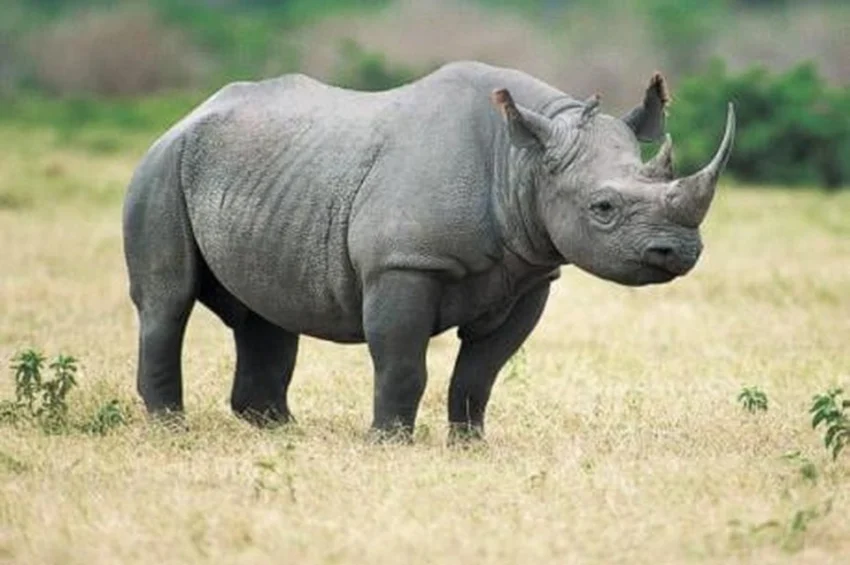Do Pets Dream? What Science Says About Animal Sleep
Have you ever watched your dog twitch or your cat move its paws while sleeping? Maybe you heard a little bark or saw their whiskers flicker. Many pet owners wonder if these signs mean their furry friend is dreaming — and the answer is, quite possibly, yes.
Let us explore what science says about animal sleep and whether our pets truly experience dreams.
1. What Is a Dream?
A dream is a series of images, emotions, or memories that the brain creates during sleep. In humans, dreams usually happen during a stage called REM sleep, short for Rapid Eye Movement. During this stage, the brain is very active even though the body is resting. This is when most vivid dreams occur.
Researchers believe that dreaming helps process experiences, emotions, and learning from the day.
2. Do Animals Have REM Sleep?
Yes. Studies have shown that many animals, including dogs and cats, experience REM sleep. This is the stage when their eyes move quickly under closed lids, their breathing may change, and small body movements may occur.
Animals that have REM sleep likely have the ability to dream, just as humans do.
3. What Do Pets Dream About?
We cannot ask our pets what they dream about, but science offers some ideas.
In a famous experiment, scientists studied rats running through mazes. When the rats entered REM sleep, their brain activity looked very similar to when they were running the maze while awake. This suggests the rats were replaying their experiences during sleep — in other words, dreaming.
It is likely that dogs and cats also dream about things from their daily lives.
• A dog may dream of chasing a ball or running through the park.
• A cat may dream of hunting, climbing, or curling up in a warm spot.
Their dreams are probably short and filled with familiar sights, sounds, and actions.
4. Signs Your Pet Might Be Dreaming
While sleeping, your pet may
• Twitch their paws or whiskers
• Move their legs as if running
• Make small noises like barking, whining, or meowing
• Breathe irregularly or deeply
• Move their eyes under closed lids
These signs are normal and usually mean your pet is in deep sleep, possibly experiencing a dream.
5. Do All Pets Dream the Same Way?
Not exactly. The size, age, and species of your pet can affect how often and how deeply they dream.
• Puppies and kittens may dream more because they are learning so much each day.
• Smaller dogs tend to dream more often, but their dreams are shorter.
• Larger dogs may dream less often, but their dreams might last longer.
• Older pets might dream less than younger ones due to changes in sleep patterns.
6. Is Dreaming Good for Pets?
Yes. Dreaming is part of healthy sleep. Just like in humans, it helps pets process memory, emotion, and behavior. A pet that sleeps deeply and regularly is more likely to be calm, alert, and happy when awake.
Make sure your pet has a quiet, safe place to sleep without too much disturbance.
7. What If a Pet Seems Distressed During Sleep?
Sometimes a pet may growl, twitch hard, or cry out while sleeping. This can be normal dreaming, but it might also signal discomfort or a bad dream.
In most cases, you should let them sleep without waking them suddenly. Gently calling their name or waiting for them to wake up on their own is safer and more comforting.
If your pet has frequent violent movements, sleepwalking, or seizures during sleep, consult a veterinarian.
Conclusion
Yes, pets probably do dream. Science suggests that dogs, cats, and even smaller animals experience dreams during REM sleep. These dreams likely reflect their daily adventures, emotions, and instincts.
Watching your pet dream can be a reminder of how deeply they experience life, even while they rest. It is just another way they are more like us than we might think.
So the next time you see your dog wagging its tail in sleep, or your cat softly meowing in its dreams, know that something special may be playing out in their quiet little minds.
